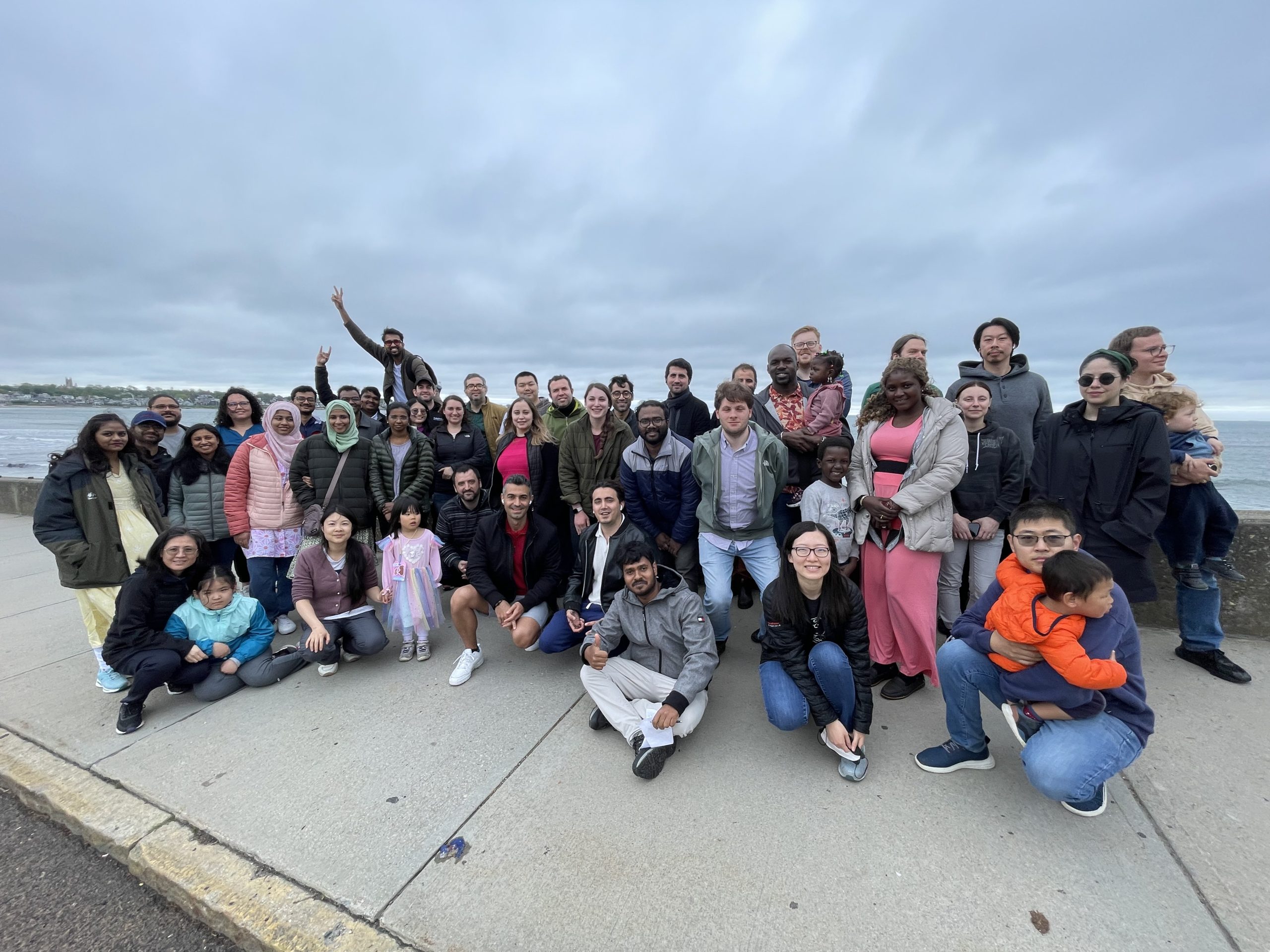Job Board
Teaching positions at Suffolk University
Suffolk University has two teaching positions available this spring. We are located a short T ride away at the Park St stop. Below are the details:
BIO274 Genetics T TH 11:00 am -12:15 pm. This is a 200-level required course. An examination of the basic principles of genetics in eukaryotes and prokaryotes at the level of molecules, cells, and multicellular organisms, including humans. Topics include Mendelian and non-Mendelian inheritance, structure and function of chromosomes and genomes, biological variation resulting from recombination, mutation, and selection, and population genetics.
BIOL274 Genetics Lab T 2:00-4:40 pm. This is a 200-level lab required with Lecture. We have somebody to help with set-up and breakdown of the lab. Experiments using a range of modern genetic techniques, including gene editing, are designed to explore how variants of unknown significance impact genomic stability. The lab uses a combination of E. coli and S. cerevisiae techniques. While molecular biology experience is preferred, direct experience with E. coli and S. cerevisiae is not required for teaching this class.
Global Science Scholars Fellowship
This is a unique opportunity for early-career postdoctoral researchers looking to advance their careers in Japan. If you’re passionate about expanding your research horizons and working in a vibrant, global academic environment, this fellowship could be for you!
Who: Early-career postdocs
📍 Where: Japan
🗓 Application Window: Rolling – Apply now!
